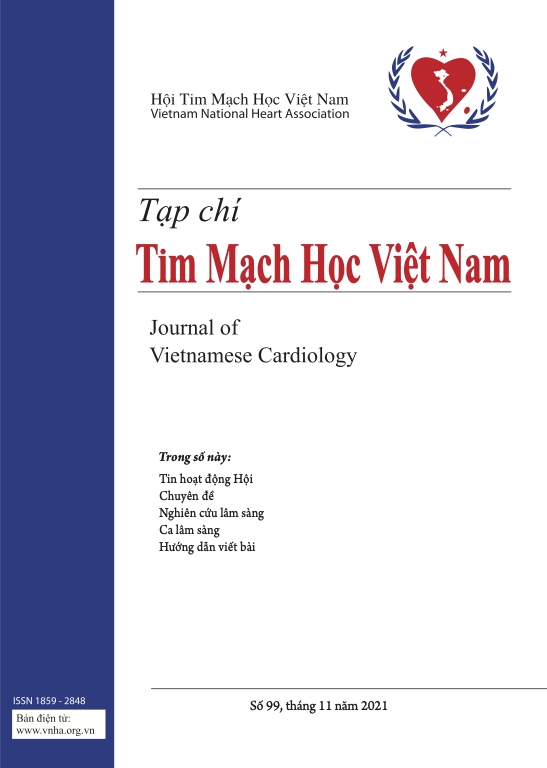Sociodemographic, risk factor, etiological and clinical profile of chronic heart failure patients attending in a heart failure clinic in Bangladesh
Tóm tắt
Background
Heart failure (HF) is a global health concern with significant regional and ethnic variations in prevalence, incidence, and mortality rates. In Bangladesh, a low and middle-income country, data on HF is scarce, necessitating a comprehensive investigation into the characteristics of HF patients.
Methods
We conducted a cross-sectional study using data from the patient registry of the Heart failure research foundation, Dhaka, Bangladesh. The study included 225 chronic HF patients and analyzed their sociodemographic, risk factors, etiological, and clinical profiles.
Results
Most patients had heart failure with reduced ejection fraction (95.11%). Ischemic heart disease was the main cause of HF (89.19%). Most patients were male (65.18%), around 60 years old, and had a low socioeconomic status. Prevalent health conditions included diabetes mellitus, hypertension, and smoking. Most patients were treated with diuretics, mineralocorticoid receptor antagonists, beta-blockers, and ACEI/ARB.
Conclusion
The findings highlight the need for targeted interventions to address the high prevalence of risk factors and improve the management of HF in Bangladesh. Future research should focus on developing interventions to improve HF outcomes in low-resource settings.








